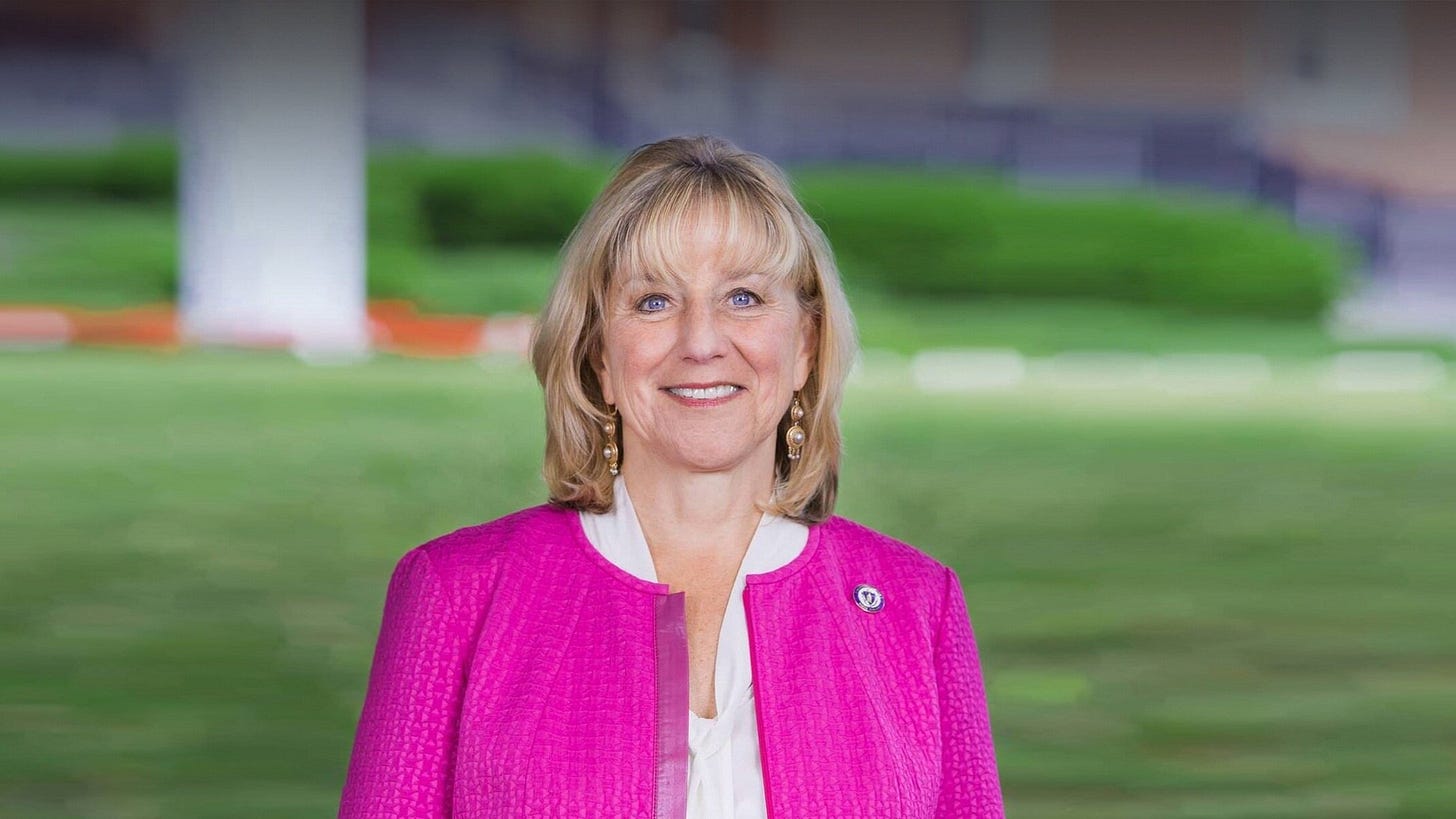10.11.2024
Boston Globe’s growth strategy? Games and videos | Downtown office market crisis set to go from bad to worse | Boston mayor may have missed a few lessons from her supposed political mentor | Outdated regs holding back new housing, TBF report finds | Big transition for startup Newton news site |
News tips? Story ideas? Email us at sbvanvoorhis@hotmail.com
Trouble in Wuville: Boston’s progressive mayor defiantly refuses to trim spending as city homeowners brace for a double-digit tax hike
Wow, Boston Mayor Michelle Wu sure must have one really bad case of political amnesia.
Wu got her start in city government under the late Thomas M. Menino and has cast Boston’s longest serving mayor as an early mentor of hers.
Yet faced with a looming city tax revenue crisis, Wu has conveniently forgotten how Menino, dubbed the “urban mechanic” for his mastery of city government, successfully led Boston through a similar crisis two decades ago.
Today it’s the shift to remote work, but back then it was the dotcom bust that had ravaged downtown office building values, a perennial cash cow for city tax coffers.
As Wu is attempting to do now, Menino also sought and won approval from the state Legislature to shift more of the city’s tax burden onto commercial properties than allowed under state law.
However, unlike Menino, who agreed to spending cuts as part of a larger deal with state lawmakers, Wu, at least publicly, won’t even engage in a meaningful discussion on the issue.
With city spending set to rise more than 8 percent, Wu initially argued it would be impossible - impossible! - to find any areas to economize in.
But meeting with reporters on Wednesday, Wu changed her tune. Now she claims it would be “financially irresponsible” to make any changes to the city budget.
Wu’s stubbornness appears to have played a role in the mayor’s failure to win State House approval for her controversial plan, which would offset the loss of office tower tax revenue by jacking up commercial property rates across the board.
State Senate President Karen Spilka has warned Wu’s plan could do “serious economic damage to Boston’s economy” as the region’s economic powerhouse reels from shift to remote work, which has emptied office buildings and put restaurants and retailers out of business.
Meanwhile, the business-backed Boston Municipal Research Bureau has called upon Wu to consider knocking a modest 1 or 2 percent off that 8 percent budget increase.
That would reduce the increase in city spending by $34-$68 million. In addition, the Research Bureau is suggesting that Wu dip into the city’s reserves, which are in the hundreds of millions, to help homeowners who can’t swing what would still likely be a significant tax bill increase.
“The Research Bureau has identified several alternatives to the mayor's proposal that could address the potential increase in residential property taxes, without the proposal's negative consequences,” Marty Walz, the Research Bureau’s interim chief.
It’s a bitter pill, but Wu might have a chance of winning approval of her hotly contested tax plan by pairing it with some spending reductions, which shouldn’t be impossible to find.
After all, Wu may believe what she’s saying when she insists there is no possible way to slow the growth in city spending, but no one else does.
The last time we checked, there are the dozens of half-empty schools the city is spending millions to keep open, not to mention the mayor’s controversial, $100 million plan to turn a city-owned high school field, White Stadium, into a pro soccer stadium.
Menino would have known what to do - he would have negotiated like heck and cut the best deal possible, even if it meant spending cuts.
But when it comes to the pragmatic, non-ideological dealmaking and flexibility needed to run a major city?
Let just say Wu doesn’t appear to have learned much from the old master.
Boston tax crisis, Part II: The downtown Boston office market meltdown may be just getting warmed up, with some rocky years ahead for city finances
Ok, the sky hasn’t fallen - at least just not yet, that is.





